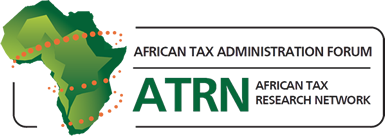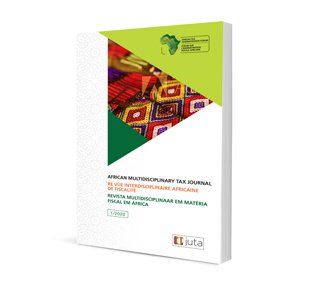Authors: Learnmore Nyamu Zanga
ISSN:
2709-8575
Affiliations:
Committee on Fiscal Studies (CFS)
Source:
African Multidisciplinary Tax Journal, 2023 Issue 1, p. 273–302
https://doi.org/10.47348/AMTJ/V3/i1a14
Abstract
This paper analyses the relationship between gender equality and tax policies in Zimbabwe. It focuses on direct and indirect taxes, and explicit and implicit gender biases in the current tax system. The study under review used desktop research and a gender-disaggregated tax-incidence analysis to find that Zimbabwe’s tax laws do not have any explicit bias against women. However, indirect taxes like value-added tax, informal taxes and trade taxes, which make up 60 per cent of all tax revenue, have implicit biases against women that are hard to see. Tax data needs to be genderdisaggregated to ensure that the total revenue mix is fair to women and supports gender-transformative tax policies, both in terms of how revenue is raised and how it is spent. To increase revenue and reduce implicit bias against women, the government must close loopholes for illicit financial f lows, increase progressive taxes, evaluate incentives, and eliminate harmful incentives.



